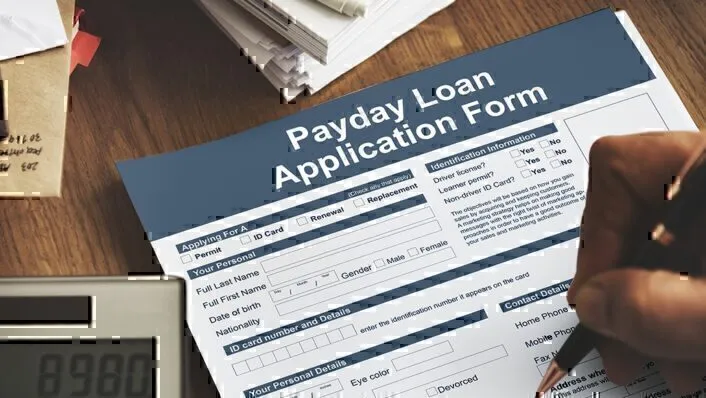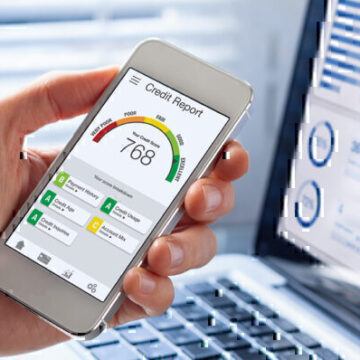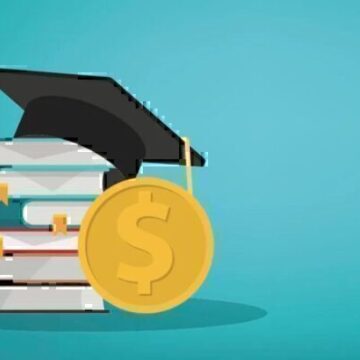Payday loans are short-term cash loans based on your personal check.
You write a personal check for the amount borrowed, plus the finance charges, and immediately receive cash. In some cases, people give access to their bank accounts to receive and repay payday loans.
Lenders hold the checks for about two week. After this, the loan and the finance charges are paid in one lump sum. You can repay the loan in cash, allow the original check to be deposited at the bank, or pay only the finance charges
If the account is short on funds to cover the check, you face a bounced check fee from their bank in addition to the costs of the loan. The loan also incurs more fees and an increased interest rate.
Be Careful
Here’s a case of how you can get into trouble with payday loans. Richard was $200 short of having enough money to pay his bills. He borrowed it from a payday lender who charged him $60 for up to 15 days. His plan was to repay the money when he received his next paycheck in two weeks. Fifteen days later, he still didn’t have the $260 he now owed.
So he paid an additional $60 fee and rolled his payday loan over for another two weeks. The cycle went on for the next six months. Now he had paid $720 in fees and still owed the original $200. Payday loans may force you into a cycle of debt that is hard to break.
If you’re concerned about debt, our certified, caring counselors are here to help. We provide free debt counseling and credit counseling to people across the United States.
Loan Terms
Payday loans range in size from $100 to $1,000. The average loan term is about 14 days. Loans can cost 400% annual interest or more. The finance charge can be $30 for every $100 borrowed. For two-week loans, these charges result in interest rates as high as 780% APR. Shorter-term loans have higher APRs. Payday loans can be very costly compared to other cash loans. A $300 cash advance on the average credit card, would cost $13.99 finance charge and an annual interest rate of 57%. By contrast, a payday loan for the same $300 could cost $100 with a 400% annual interest.
Getting a Payday Loan
All you need to get a payday loan is an open bank account in good standing, a steady source of income, and an ID. Lenders don’t conduct a full credit check. They don’t ask probing questions to determine if a borrower can afford to repay the loan. However, some states have put restrictions on the number of outstanding loans you can have at once.
GreenPath Financial Service
Free Debt Counseling
Take control of your finances, get tailored guidance and a hassle-free budgeting experience. GreenPath offers personalized advice on how to manage your money.










